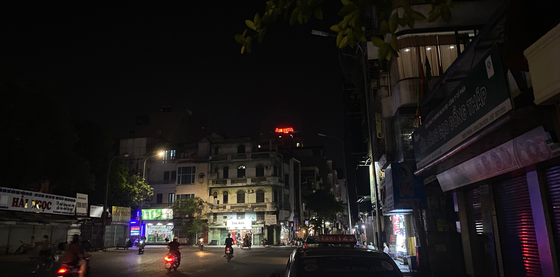 |
The capital city of Hanoi turns off all public lighting bulbs at night to save electricity |
A new heat wave is hitting the North and the Central region, which may last until the end of June. Although the power supply in the North has been restored to about 1,000MW, the risk of power shortage may still reoccur in the coming months to even 2024 if the drought continues.
According to the National Center for Hydro-meteorological Forecasting, from June to August, scorching heat waves continue to engulf the North and Central regions. The number of hot days this year is more than average and more intense than in 2022 with the average temperature in July and August in the North and North Central 0.5-1 Celsius degrees higher than than last year.
Hydroelectric reservoirs and irrigation reservoirs' water levels have been under the dead level and hydropower plants had to suspend power generation, which shows that the weather is very fierce.
According to Mr. Vo Quang Lam, Deputy General Director of Electricity of Vietnam (EVN), EVN currently accounts for 38.4 percent of the total capacity of the power system and the rest proportion belongs to other investors.
Normally, thermal power plants operate 6,000 hours per year and have to take a break for maintenance and repair. But, recently hydroelectricity generation has been facing difficulties leading to high mobilization of thermal power and increased power outrages.
According to energy expert Ha Dang Son, the power shortage has been warned for a long time, because from 2016 to now, the North has almost no new electricity generation sources.
Specifically, the Thai Binh 2 Thermal Power Plant was built for nearly 10 years before it successfully connected to the grid, but the plant has sporadically had problems. The plant is currently reaching a capacity of 600MW/1,200MW. There is no more space for hydroelectricity exploitation whereas it is difficult to build renewable electricity in the North in comparison to that in the Central and South. Therefore, the power shortage in the North will not only happen this summer but may also recur in 2024.
Talking to SGGP Newspaper, Ms. Tran Thi Khanh Quyen, Vice President of the Trade Union of TNG Investment and Trading Joint Stock Company in the Northern Province of Thai Nguyen- which owns 15 garment factories with 18,000 employees - said the company's operation was still smooth during last rolling power cuts as the company has had the backup generator system.
In order to cope with the power outage when the supply is difficult like now, Professor Tran Dinh Long, Head of the Science and Technology Department under the Vietnam Electrical Engineering Association, said that in the immediate future, businesses should have their own backup power source based on the calculation of its using amount. The backup power is enough to operate the important stages. Food processing establishments and frozen food processing facilities should invest in backup power for their continuing operation.
However, the representative of the Vietnam Electricity Association suggested that, because the power supply is still short, the electricity industry and localities should have transparent and flexible policies in regulating the source. They should prioritize electricity for production but some industries should be high on the list of priorities.
At the same time, the power industry must also notify enterprises in advance of the plan to cut power, and how much output will be cut in June and July so that enterprises can actively adjust their production plan.
In the long term, Mr. Vo Quang Lam said, EVN is proposing to quickly implement hydropower expansion projects but it takes at least 6 years to complete. Moreover, according to experts, in order to limit the risk of lack of electricity for daily life, the government should soon promote policies for people to invest in off-grid rooftop solar power as the newly approved Power Plan VIII has set out.




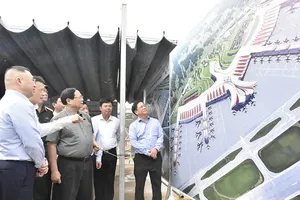




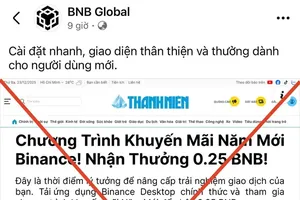

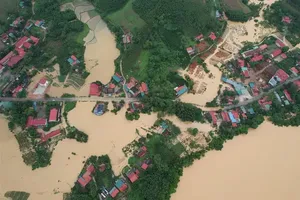
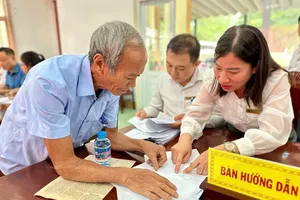

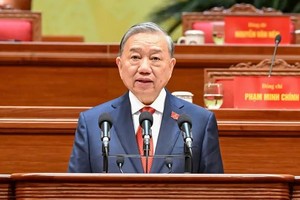

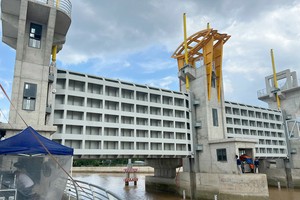
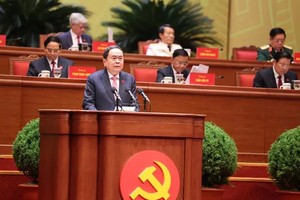

)




